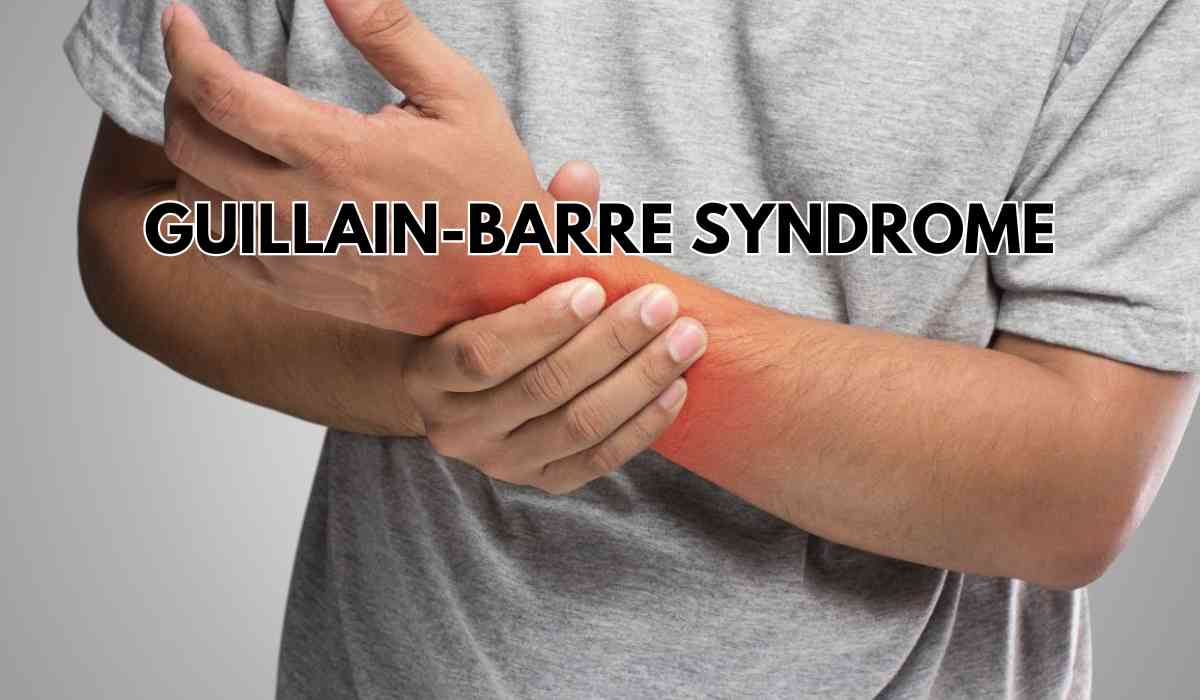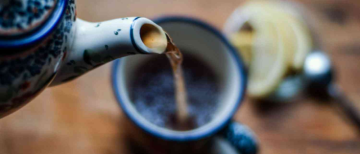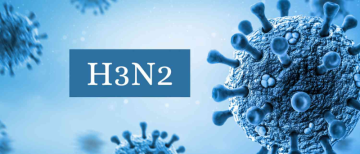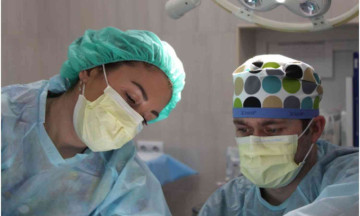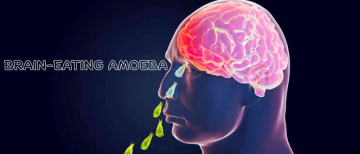Maharashtra is currently facing a surge in cases of Guillain-Barré Syndrome (GBS), a rare neurological disorder, with Pune being the epicentre of the outbreak. The situation has escalated to the point where 101 suspected cases have been reported, and tragically, one life has already been claimed. The state authorities have swiftly mobilized resources to contain the outbreak, launching a range of surveillance, treatment, and precautionary measures.
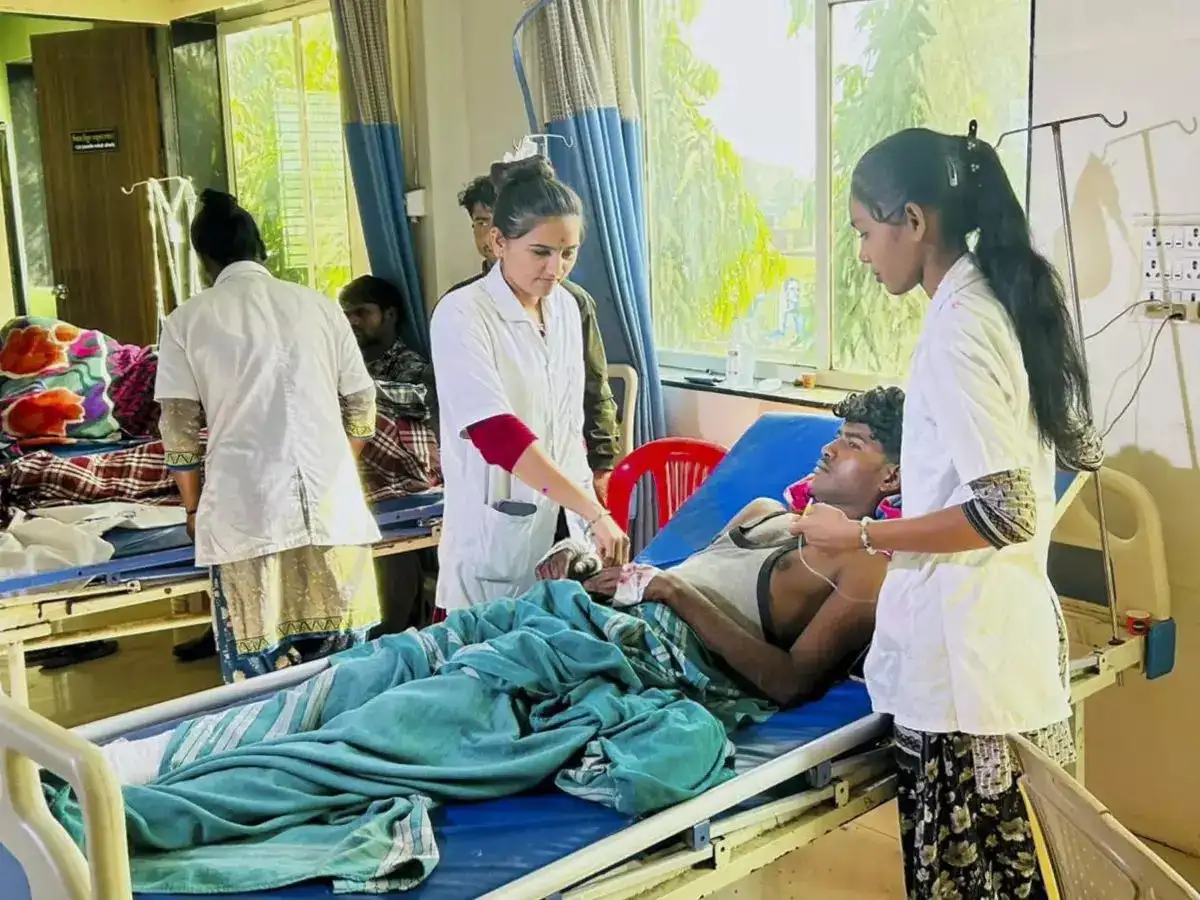
Current Situation in Maharashtra
The outbreak in Maharashtra has been marked by a significant increase in the number of GBS cases in recent weeks, particularly in Pune. As of now, the total number of suspected and confirmed GBS cases has reached 101.
Key Statistics:
-
Total Confirmed GBS Cases: 101
-
Critical Cases on Ventilators: 16
-
Affected Areas: 62 from Pune rural, 19 from Pune city, 14 from Pimpri-Chinchwad, and 6 from other districts.
-
Gender Distribution: 68 men and 33 women.
-
Youngest Affected: 19 patients below 9 years old.
-
Age Group Most Affected: 23 patients aged between 50-80 years.
The first suspected case was hospitalized on January 9, and laboratory tests have detected the presence of Campylobacter jejuni bacteria in the biological samples of some patients. The situation has been complicated by the discovery of high E. coli levels in a well near Khadakwasla Dam, Pune’s primary water source. However, it is yet to be confirmed if water contamination is the cause of the outbreak.
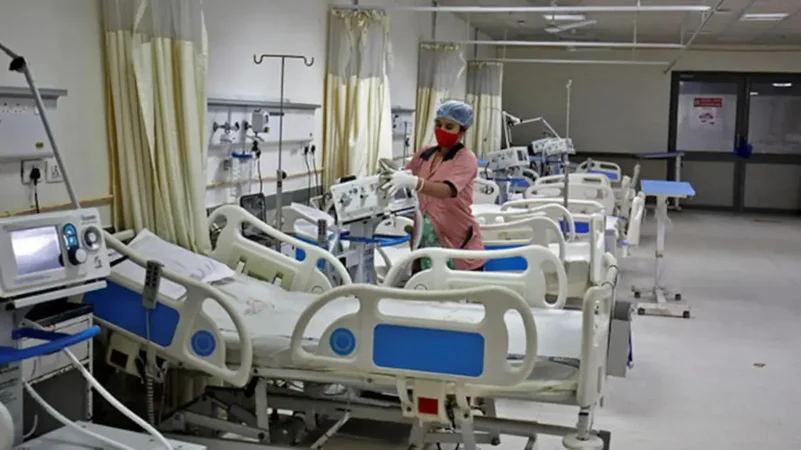
Also read: What is Guillain-Barré Syndrome that pushed Peru into emergency?
The first death from GBS
A particularly tragic incident occurred when a 30-year-old Chartered Accountant (CA) from Pune succumbed to GBS while receiving treatment in Solapur. The young CA, initially diagnosed with diarrhea on January 11, sought medical treatment in his village, where his condition worsened. Despite showing signs of improvement and being moved to a general ward after five days in the ICU, he tragically passed away shortly after.
This death highlights the severity of the situation and has further raised concerns about the increasing number of GBS cases in the region. His family and local authorities are now closely monitoring the developments, with an autopsy being conducted to determine the exact cause of death.
Ongoing Response and Surveillance Measures
In response to the growing number of cases, the Maharashtra health department has taken immediate action:
-
Rapid Response Teams: A state-level rapid response team has been deployed to the affected areas, particularly in Pune.
-
Surveillance and Testing: Health officials have conducted surveys of over 25,000 households in Pune and surrounding areas. Samples from patients have been sent for further testing at the National Institute of Virology (NIV) in Pune. Initial tests for Zika, dengue, and chikungunya have returned negative, but some samples have tested positive for bacterial infections and norovirus.
-
Water Testing: In addition to biological samples, water samples from various parts of Pune are being tested for contamination. The discovery of high E. coli levels in water near the Khadakwasla Dam has prompted further investigations.
-
Public Awareness Campaigns: Authorities are also working on raising public awareness about GBS and advising the public on how to prevent further spread. Key preventive measures include:
-
Consuming clean, boiled water
-
Maintaining strict hygiene when handling food
-
Separating raw and cooked foods to avoid cross-contamination
-

Healthcare Response: Free Treatment and Financial Support
Due to the high cost of treatment, including the expensive immunoglobulin injections, the Maharashtra government has stepped in to support patients. The cost of treatment can range significantly, as each patient may require multiple IVIG injections priced at Rs 20,000 each. To mitigate this financial burden, the government has decided to offer free treatment to affected individuals in various hospitals across Pune and its surrounding areas:
-
Pimpri-Chinchwad residents: YCM Hospital
-
Pune city residents: Kamla Nehru Hospital
-
Rural Pune residents: Sassoon Hospital
What Experts Say?
While the exact cause of the sudden rise in GBS cases remains unclear, experts believe that a combination of bacterial infections, including those caused by norovirus and Campylobacter jejuni, may be contributing factors. Maharashtra’s health officials have assured the public that GBS is not a communicable disease, and there is no need to panic. The state’s health minister has emphasized the importance of ongoing surveillance and containment efforts to control the outbreak.
Maharashtra's proactive response, including rapid deployment of medical teams, public awareness campaigns, and free treatment provisions, aims to prevent further casualties and manage the growing crisis. However, the situation serves as a stark reminder of the need for robust public health infrastructure and continuous vigilance in managing rare and emerging diseases.
What is Guillain-Barré Syndrome (GBS)?
Guillain-Barré Syndrome is a rare autoimmune disorder in which the body’s immune system mistakenly attacks the peripheral nervous system. This leads to muscle weakness, which can progress to paralysis, sometimes affecting respiratory functions, which may require ventilator support. GBS can be triggered by viral or bacterial infections, and Campylobacter jejuni, a bacteria responsible for gastroenteritis, is a common culprit. Symptoms include:
-
Muscle weakness
-
Nausea and vomiting
-
Diarrhea
-
Respiratory distress (in severe cases)
Although rare, with an incidence of 0.5 cases per 100,000 people, GBS can be fatal if it impacts the autonomic nervous system, which regulates vital functions like heart rate. Treatment often involves plasma exchange and intravenous immunoglobulin therapy (IVIG) to manage symptoms and reduce the severity of the condition.
Key Points:
-
GBS can affect the nerves that control muscle movement, pain, temperature, and touch sensations.
-
Symptoms can range from mild to severe and can progress rapidly, sometimes within hours or days.
-
Early treatment and rehabilitation improve recovery outcomes, with most people fully recovering.
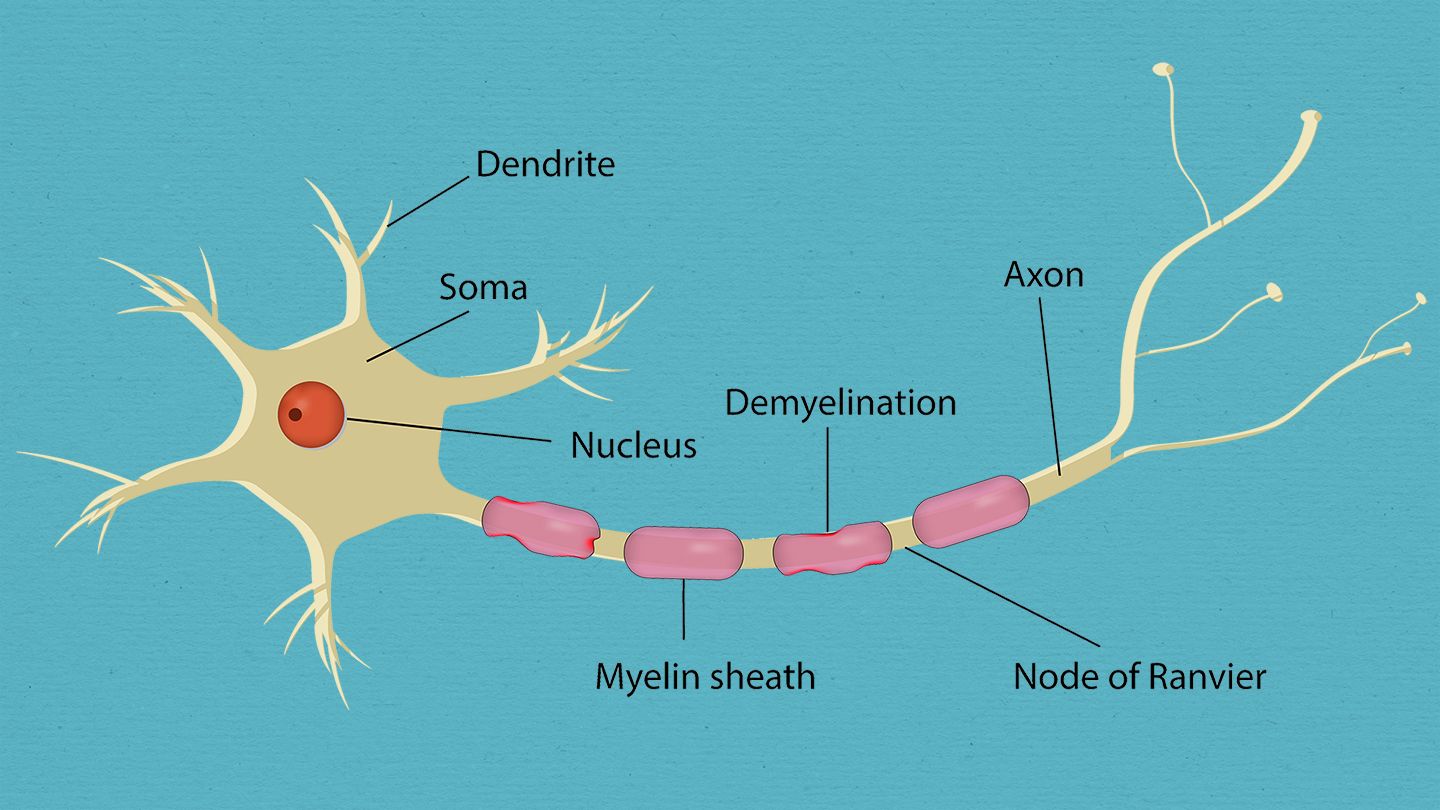
Who is at Risk of Guillain-Barré Syndrome?
GBS can affect people of any age, but it is most commonly seen in individuals between the ages of 30 and 50. The condition is rare, with approximately 100,000 cases globally per year. This equates to about 1 in 78,000 people being diagnosed with GBS annually.
What Causes Guillain-Barré Syndrome?
Guillain-Barré syndrome is considered a post-infectious, immune-mediated neuropathy. This means the condition typically develops after an infection, causing the immune system to attack the body's peripheral nerves. Though the exact reasons why this occurs are not fully understood, several triggers and factors have been identified.
Possible Triggers Include:
-
Infections:
-
Campylobacter jejuni infection (which causes diarrhea) is one of the most common triggers.
-
Other viral infections like the flu, cytomegalovirus, Epstein-Barr virus, Zika virus, and COVID-19 have also been linked to GBS.
-
-
Vaccinations:
-
In very rare cases, GBS has been associated with vaccines. However, the risk of developing GBS after vaccination is much lower than the risk after contracting an infection.
-
-
Surgery:
-
Although extremely rare, GBS has also been observed after certain types of surgeries.
-
Symptoms of Guillain-Barré Syndrome
The hallmark symptoms of GBS begin with muscle weakness and tingling sensations (paresthesia), often starting in the legs and feet. These sensations typically spread to the arms and face. Over time, muscle weakness may progress, making it difficult to walk or climb stairs.
The severity of GBS can vary greatly from person to person. Some may experience mild weakness, while others may experience near-total paralysis.
Common Symptoms:
-
Initial Symptoms: Muscle weakness and tingling sensations, starting in the feet and legs.
-
Muscle Weakness: Can extend to the arms and face, making mobility and daily tasks difficult.
-
Pain: Deep muscular pain, especially in the back and legs.
-
Severe Cases:
-
Paralysis of the legs, arms, and facial muscles.
-
Difficulty with breathing, especially if chest muscles are affected.
-
Speech and swallowing difficulties (dysphagia).
-
Vision problems and difficulty moving the eyes.
-
Symptoms usually reach their peak within 2 to 3 weeks of onset.
Progression of Symptoms:
-
Most people with GBS reach their most severe stage of weakness within two weeks.
-
By the third week, approximately 90% of patients will experience significant weakness or paralysis.
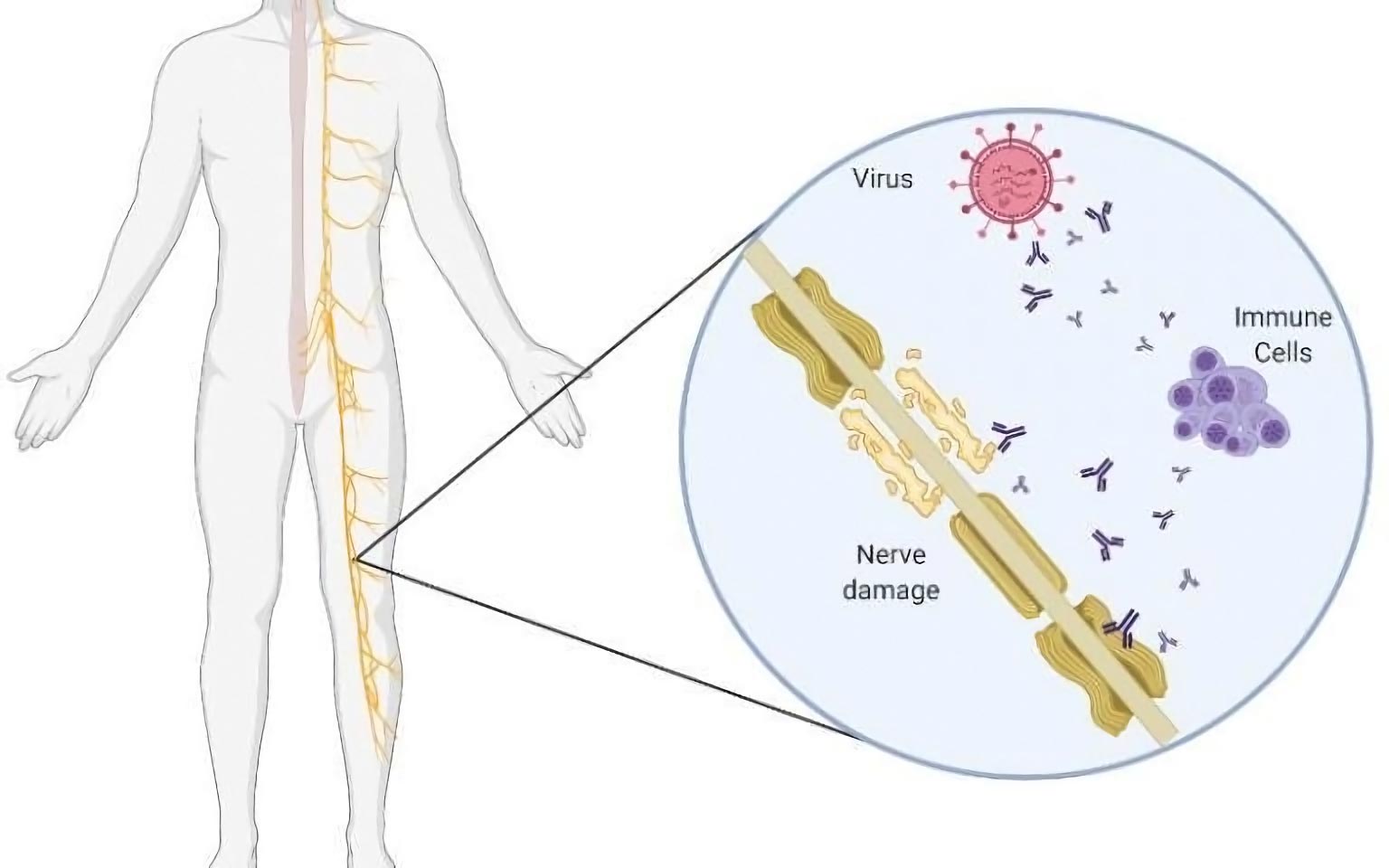
Complications of Guillain-Barré Syndrome
In severe cases, GBS can affect the autonomic nervous system, leading to potentially life-threatening complications. This includes dysautonomia, a condition where the automatic functions of the body, such as heart rate, blood pressure, and digestion, are disrupted.
Potential Complications:
-
Cardiac arrhythmias (irregular heartbeats)
-
Blood pressure instability
-
Digestive issues, such as gastrointestinal stasis
-
Urinary retention and difficulty with bladder control
How is Guillain-Barré Syndrome Diagnosed?
Healthcare providers typically diagnose Guillain-Barré syndrome based on a patient’s medical history, symptoms, and physical examination. Additional tests may be conducted to rule out other conditions that present similar symptoms.
Common Diagnostic Tests:
-
Electromyography (EMG) and nerve conduction studies: To evaluate muscle and nerve function.
-
Spinal tap (lumbar puncture): To assess cerebrospinal fluid (CSF). In GBS, CSF typically shows normal white blood cell levels and an elevated protein level.
-
MRI (Magnetic Resonance Imaging): To rule out other conditions affecting the nervous system.
Treatment of Guillain-Barré Syndrome
There is no known cure for Guillain-Barré syndrome, but there are treatments available to reduce the severity and speed up recovery. Most individuals with GBS need to be hospitalized, sometimes in an intensive care unit (ICU), to monitor complications like respiratory failure and fluctuations in blood pressure.
Main Treatment Options:
-
Plasma Exchange (Plasmapheresis):
-
A process in which blood plasma is removed, treated, and then returned to the body. This helps remove the antibodies attacking the peripheral nerves.
-
-
Intravenous Immunoglobulin (IVIG) Therapy:
-
This involves infusing immunoglobulins from healthy blood donors. These proteins help reduce the immune system’s attack on the body’s nerves.
-
Both treatments are most effective when started within two weeks of symptom onset, significantly improving recovery time and reducing the risk of severe complications.
Managing Complications of Guillain-Barré Syndrome
In cases where GBS leads to paralysis or respiratory issues, additional treatments may be required to manage life-threatening complications.
Treatment for Severe Complications:
-
Respiratory support: Mechanical ventilation may be needed if GBS impairs the muscles required for breathing.
-
Blood clot prevention: Medications like heparin may be used to prevent deep vein thrombosis (DVT).
-
Nutritional support: IV fluids or a nasogastric tube may be used to provide nutrition if swallowing becomes difficult.
-
Pain management and physical therapy: These therapies help manage discomfort and aid in regaining strength.
Rehabilitation for Guillain-Barré Syndrome
Once a person with GBS stabilizes, rehabilitation is key to recovery. Physical, occupational, and speech therapies are often used to help patients regain their strength and independence.
Types of Rehabilitation:
-
Physical therapy: To improve movement and strength, reduce stiffness, and manage pain.
-
Occupational therapy: To help with daily activities, such as dressing, eating, and using tools.
-
Speech therapy: If GBS affects the mouth or throat muscles, a speech-language pathologist can help with swallowing and speaking.
In some cases, mobility aids like wheelchairs or walkers may be needed to assist in movement.
Can Guillain-Barré Syndrome Be Prevented?
Currently, there is no known way to fully prevent Guillain-Barré syndrome. However, there are steps you can take to reduce the risk of infections that may trigger GBS.
Preventive Measures:
-
Wash your hands frequently.
-
Avoid close contact with individuals who have infections like the stomach flu or respiratory illnesses.
-
Eat a healthy diet and exercise regularly to support your immune system.
-
Stay up to date with vaccinations, including the flu vaccine, as vaccination is safer than contracting the illness itself.
The Guillain-Barré Syndrome outbreak in Maharashtra is a serious health crisis, and while the authorities have taken swift action to contain it, ongoing vigilance and public cooperation are essential. As further investigations continue into the source of the outbreak, residents of Pune and other affected regions are urged to follow health advisories and seek immediate medical attention if they experience symptoms of GBS. With coordinated efforts between local health officials, the state government, and national health agencies, it is hoped that the outbreak will soon be brought under control.
With inputs from agencies
Image Source: Multiple agencies
© Copyright 2024. All Rights Reserved Powered by Vygr Media.

